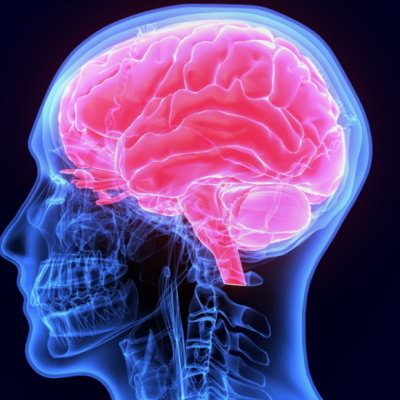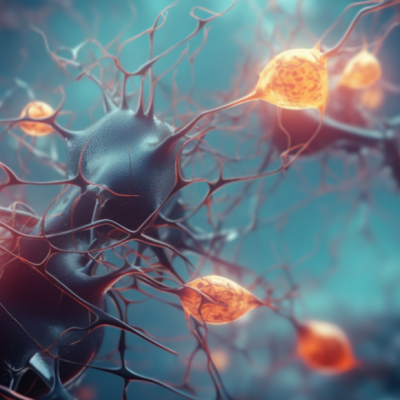A groundbreaking discovery has been made by scientists at the National University of Seoul, who have found that bacteria living in the soil can produce a natural substance called Rhizolutin from the Asian medicinal plant, Ginseng. In tests on mice, Rhizolutin was found to dissolve typical Alzheimer’s plaques. Alzheimer’s is one of the most common neurodegenerative diseases globally, with around 1.6 million people in Germany alone suffering from the condition. While medication can slow the progression of brain cell destruction, Alzheimer’s cannot currently be stopped permanently. However, Rhizolutin could offer hope for a cure.
To investigate Rhizolutin in detail, the scientists cultivated the bacteria on a nutrient-rich medium enriched with Ginseng powder. The root microbes produced ten times more Rhizolutin than in nature, allowing the chemical structure of the substance to be analyzed. The structure of the Rhizolutin molecule, consisting of three linked rings surrounded by a seven and six-membered ring, was previously unknown in science. However, a search of natural substance databases revealed similar molecules, suggesting that Rhizolutin could be a potential drug for Alzheimer’s.
To test their theory, the scientists conducted experiments on human neuron and glial cell cultures and mice with Alzheimer’s. The treatment of mice with Rhizolutin led to a significant dissolution of protein plaques in the hippocampus of the animals. The natural substance dissolved both Tau proteins and Amyloid plaques, and in cell cultures, it inhibited cell death and inflammation caused by Amyloid-Beta. The scientists concluded that “their results demonstrate that this unique chemical compound attacks both Amyloid plaques and Tau proteins.” A computer simulation showed that Rhizolutin likely penetrates the water-repellent areas of the misfolded proteins and dissolves the clumps from the inside, similar to an immunotherapy that has shown success in some clinical studies with humans.
While the study has not yet determined whether Rhizolutin is suitable for treating Alzheimer’s in humans, clinical trials are necessary to investigate its effectiveness. In the past, substances that have been successfully tested on mice have not always shown the same results in humans. However, the discovery of Rhizolutin offers hope for a cure for Alzheimer’s, a disease that affects millions of people worldwide.










